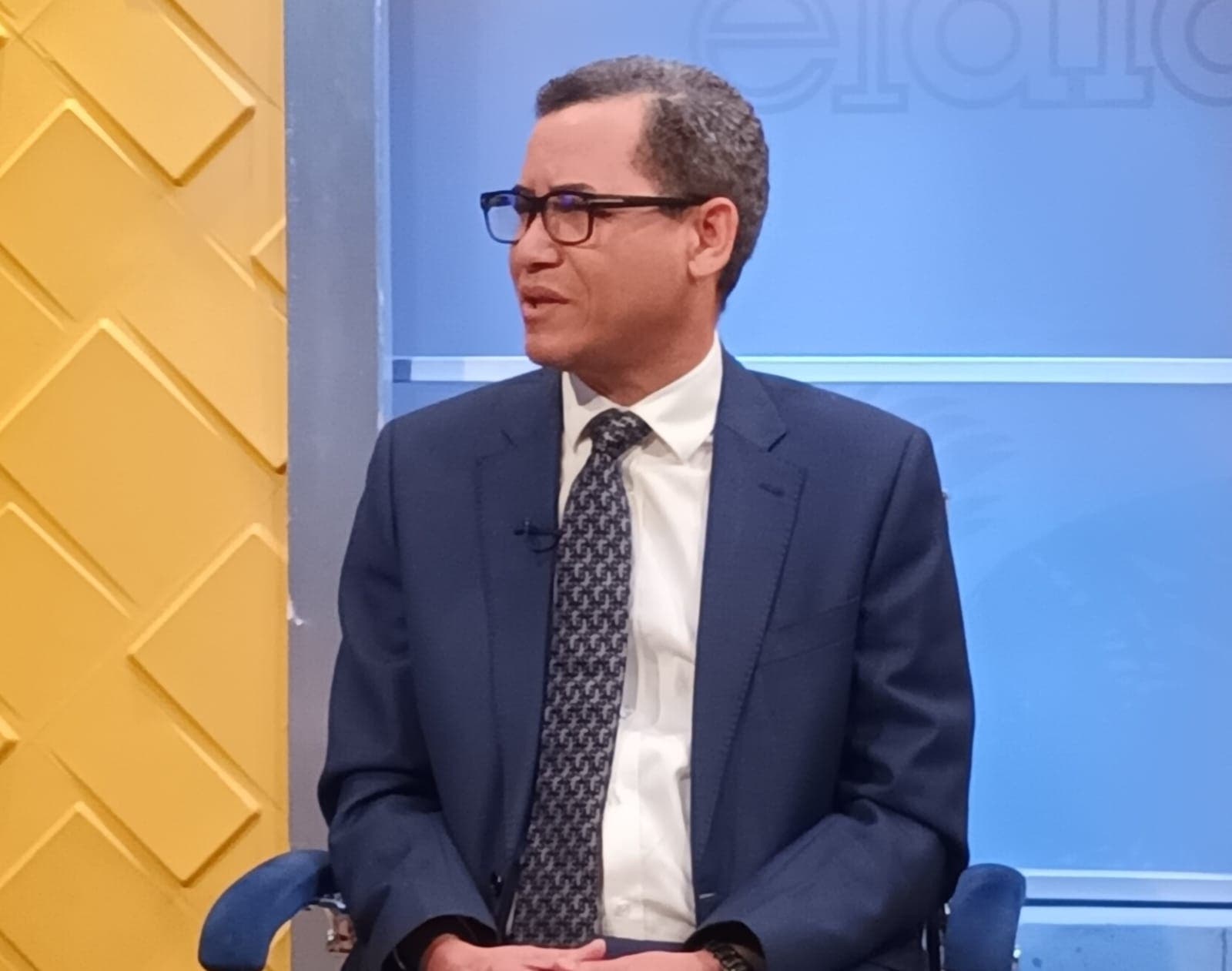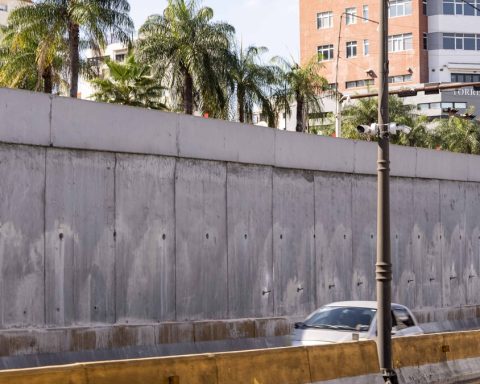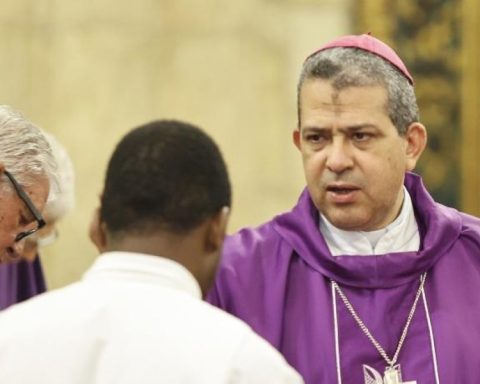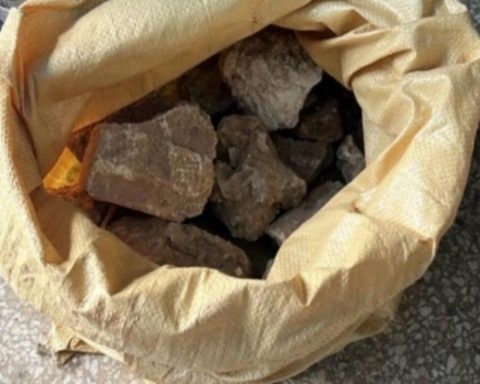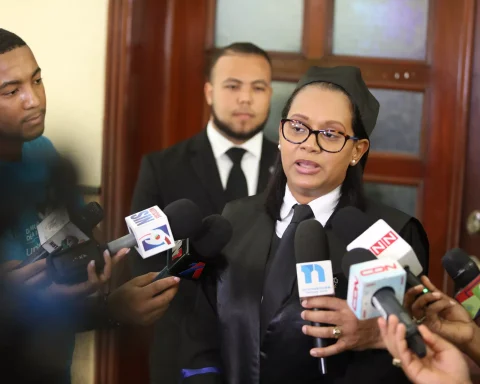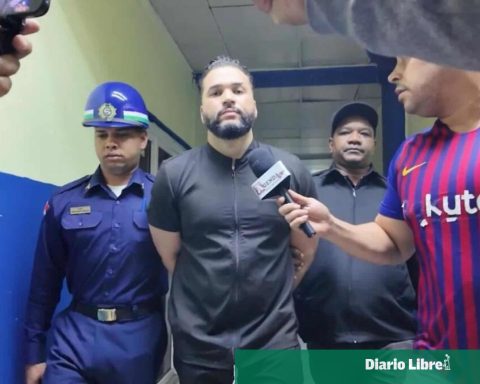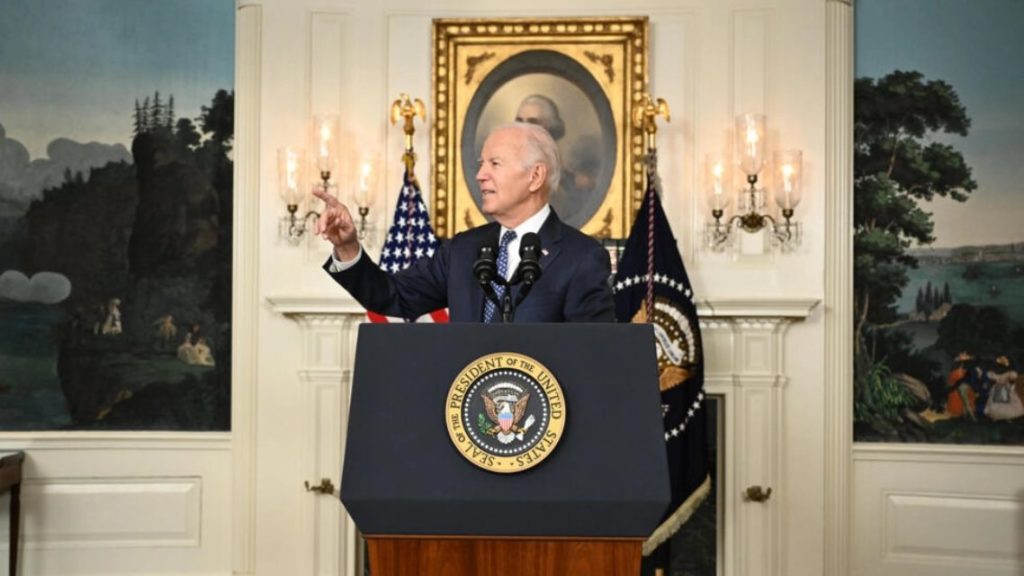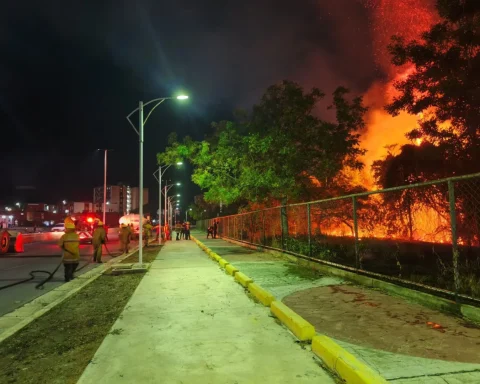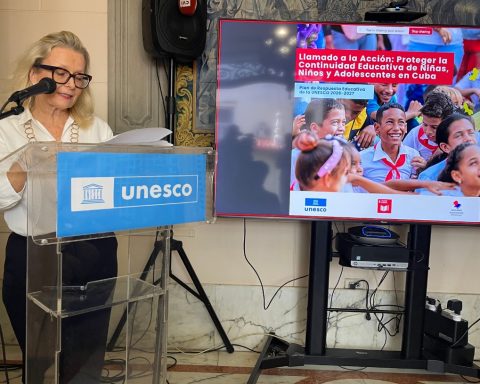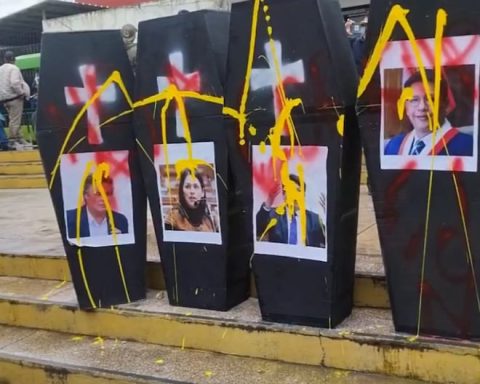Santo Domingo.– Eddy Olivares reminded all presidential candidates of the Modern Revolutionary Party (PRM) on Monday that the date to begin the electoral pre-campaign is the first Sunday of July of the year prior to the elections, that is, in July 2027.
The vice president of the PRM made the clarification following a video that went viral on social media, showing the director of Supérate, Gloria Reyes, calling on the party’s members to support Yayo Sanz Lovatón as the next presidential candidate.
Olivares said that there are several candidates in the Modern Revolutionary Party, which is their right, but he stressed that pre-campaign activities cannot be carried out, since this violates the law.
“Anyone who believes that he will be a candidate using the State’s payrolls and resources is mistaken. “The decision is to stop that,” explained the former member of the Central Electoral Board on the program El Día, broadcast by Telesistema.
He also reminded the candidates that under no circumstances can they campaign before the deadline, which is 2027.
“There is no justification for the untimely campaign, because it undermines the integrity of the process,” he added.
Olivares stressed that the President of the Republic, Luis Abinader, is clear on this issue.
He also said that early campaigning only benefits those who have the resources to carry it out, to the detriment of those who do not.
We invite you to read: Eddy Olivares: We will lead the largest electoral coalition in history
“No one in the Modern Revolutionary Party will be allowed to campaign using state resources,” he warned.
The vice president of the PRM explained that the internal statutes of that political organization establish that no one may campaign outside the terms defined by Law No. 33-18 of Political Parties, Groups and Movements, as well as by Organic Law 20-23 of the Electoral Regime.
“Anyone who does otherwise will be breaking the law,” he said.
In his opinion, unfortunately, the country has allowed the early campaign and the JuThe Central Electoral Office has not done anything about it.
He stressed that the PRM is committed to supporting the next Board in this regard.
“The Board must assume its responsibility,” he stressed.
He also noted that the law allows for vetoing those who campaign out of time.
He invited the candidates to follow the example of Marileidy Paulinocomparing a political career to an athletics race: “You can’t start late, but starting early is worse, because you could be disqualified.”
Less deputies
Regarding the proposal to reduce the number of deputies made by the President of the Republic, Olivares said that it is natural that the issue be discussed.
“Nobody could have expected that this would not be debated; that is democracy, and that is their right,” he said.
He also said that the project had been consulted and that no one should expect it to be approved without changes.
The Central Electoral Board
Regarding the statements made by the president of the PRM, José Ignacio Paliza, who said that he would prefer that the current judges of the Central Electoral Board continue in their positions, Olivares clarified that this was a personal opinion.
“The party has not discussed this issue,” he said.
We invite you to read: Paliza advocates for current JCE judges to remain in their positions
He explained that the Senate of the Republic is the competent body to carry out this process, and has already appointed a commission chaired by the senator of the Peravia province, Julito Fulcar. Olivares mentioned that the interviews are underway and that the current members are supposed to present themselves.
“Based on the evaluations, the five starters and their substitutes will be selected,” he said.
On the other hand, regarding the election of the Attorney General of the Republic by the National Council of the Judiciary, Olivares commented that the legal community has stated that the Attorney General is part of the Executive Branch.
“The simple fact that the National Council of the Judiciary is meeting to examine and evaluate the Executive Branch’s proposal is a step forward,” he said.
He recalled that the current Constitution grants the President of the Republic the power to appoint the Attorney General by decree.
However, he noted that Abinader’s proposal represents an extraordinary change, allowing the National Council of the Judiciary to evaluate the candidate proposed by the president.
He clarified that it is not a matter of presenting a shortlist, but rather that the president sends a candidate, and the National Council of the Judiciary evaluates him, which is a significant advance.
